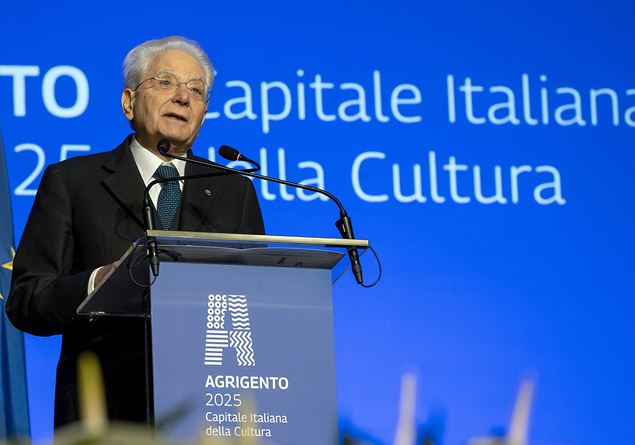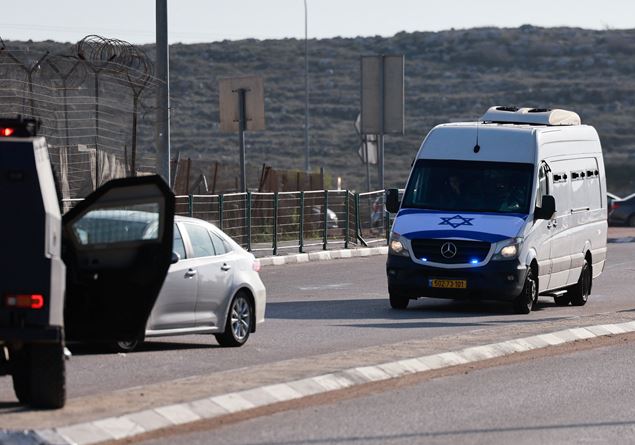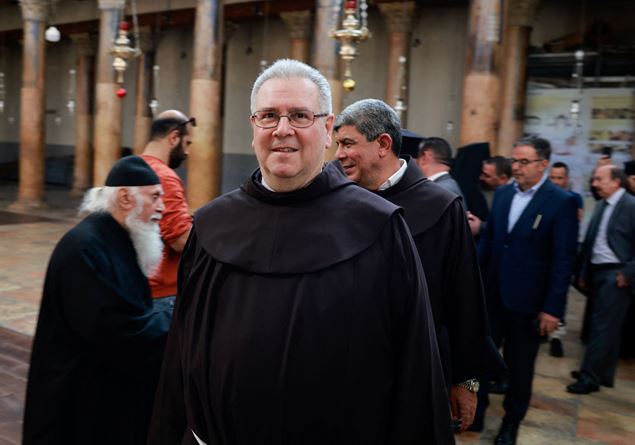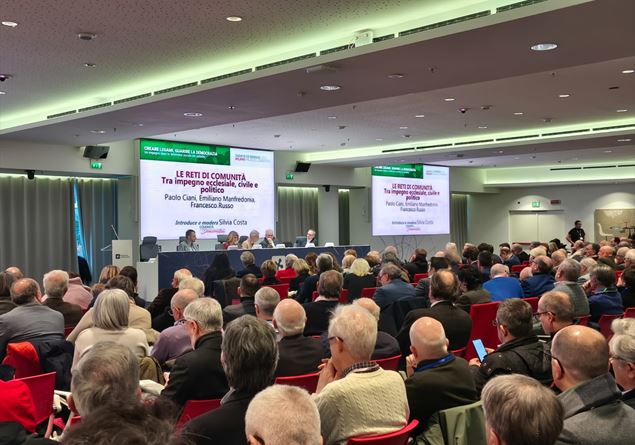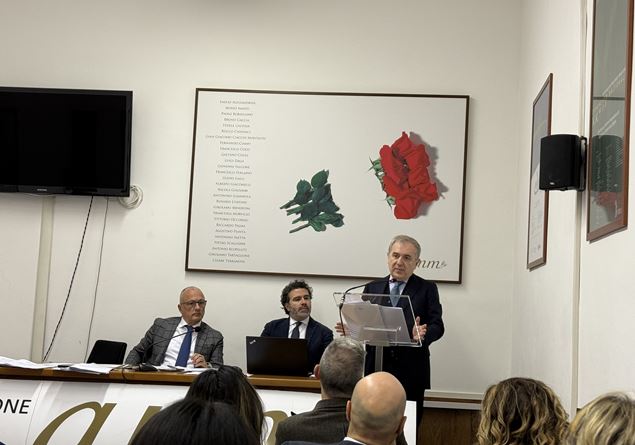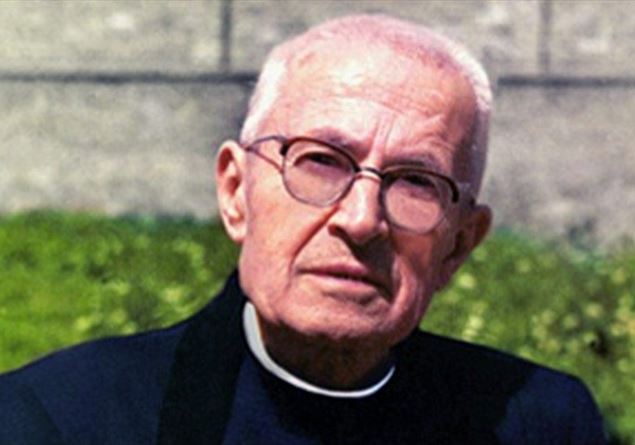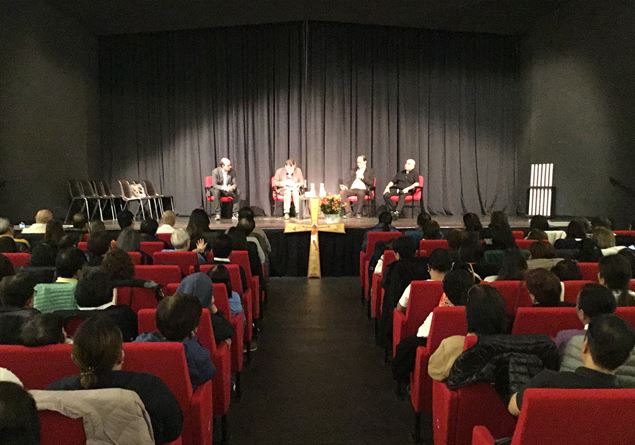
«When I became bishop in 2015 we opened numerous urban missions in my diocese of Kalookanon the outskirts of Manila, the capital of the Philippines. The diocese has 1 million 800 thousand inhabitants, of which almost 90% are Catholics but only 10% are reached by our parishes. Working for peace and reconciliation means having the strength to face conflicts to heal them, it means dealing with hungry and angry people, victims of injustice and who no longer trust either the Church or the government and whose only desire is revenge. In many Philippine provinces the law of retaliation still applies. Working for peace and reconciliation means participating in God’s mission which is to build bridges like the Pope does.”
It is the testimony of Monsignor Pablo Virgilio David, bishop of Kalookan and president of the Catholic Bishops’ Conference of the Philippines, as well as being actively involved in the Federation of Asian Bishops’ Conferences (FABC), during the meeting “The Frontiers of Mission” at the theater of PIME (Pontifical Institute for Foreign Missions) of Milan moderated by the director father Gianni Criveller.
The meeting took place on Saturday afternoon on the eve of World Missionary Day. The room is packed with the presence of the large Filipino community that lives in Milan. David, in addition to being one of the synod fathers, is also among the twenty-one new cardinals announced by the Pope who will receive the cardinal’s hat in the Consistory of next December 8th.
In his testimony, the bishop focused on the meaning of the mission in a very populous diocese, where hundreds of thousands of people live in slums, without adequate services and housing and where many children do not even have a birth certificate because they are not registered. This means that they are ghosts for the State and do not go to school or hospital: «The consequences are terrible. I have assigned a full-time nun to do everything to register the diocese’s undocumented children.”
The bishop retraced the precious presence of PIME missionaries in the country that “I got to know”, he explained, “when I was still a seminarian and when he was killed father Tullio Favali. It happened in an area where many Filipinos would never go. I was fascinated by his example. The PIME missionaries anticipated what the Pope asks of us: to go to the margins. What I appreciate most is seeking new ways, creating communities with people, capable of walking even when the missionary is no longer there.” Then he underlines that the mission, especially in difficult contexts like the Philippine one, «requires a lot of audacity and this makes it romantic. There is a fundamental principle that gives us the strength to work for peace and take risks: we must never renounce humanity, we always distinguish between sin and sinner, we oppose sin but love the sinner.”
During the presidency of Rodrigo Duterte (in office from 2016 to 2022, ed.), the new cardinal was accused of sedition and threatened with death for having denounced human rights violations and extra-judicial executions, even ending up under guard. David had denounced that the war against drug traffickers was “immoral, illegal and essentially against the poor”“Certainly the government must fight crime, but it cannot do so with arbitrary and violent methods leading to the systematic killing of supposed criminals,” he explained.
Another reason for conflict with Duterte was due to the fact that “he considered drug addicts to be sick and criminals while I believe that they are people who need to be helped on their way out of drugs and we did this by creating numerous support groups in the diocese”.
Duterte’s successor and current president is Ferdinand Marcos Jr. and a question from the public asks Monsignor David whether the situation has now improved or not: «From the point of view of human rights there has been an improvement, the president and several other government representatives met with me as president of the bishops Filipinos”, he replies, “extrajudicial killings have decreased, at least I think so, but from an economic point of view, living conditions in the Philippines have not improved. Inflation is very high, you are an example because you had to leave your country to get a job. In our country, those who become rich are too few, there is a lack of a middle class, the vast majority have an enormous difficulty in living. We would need better politicians than the ones we have, there is still a lot of corruption and many things that don’t work».
Monsignor David also spoke about the recent decision to Pope Francis to nominate him cardinal: «I was shocked by this news», he explained, «I am bishop of a small diocese, I would never have imagined this appointment. I hadn’t even been informed, when the Pope announced the names at the Angelus I received many congratulatory messages. And I, unaware of everything, replied that I knew nothing about it. Then someone sent me the video of the Pontiff. After the shock, I started praying because I realize the responsibility that this appointment entails. A few days ago, at the Synod, I confronted the Pope directly. I told him that at least he should have warned me. He replied with a smile and that he had difficulty pronouncing the name of my diocese. Then he encouraged me: “Don’t worry, don’t take yourself too seriously, take this appointment with a pinch of humor”.

